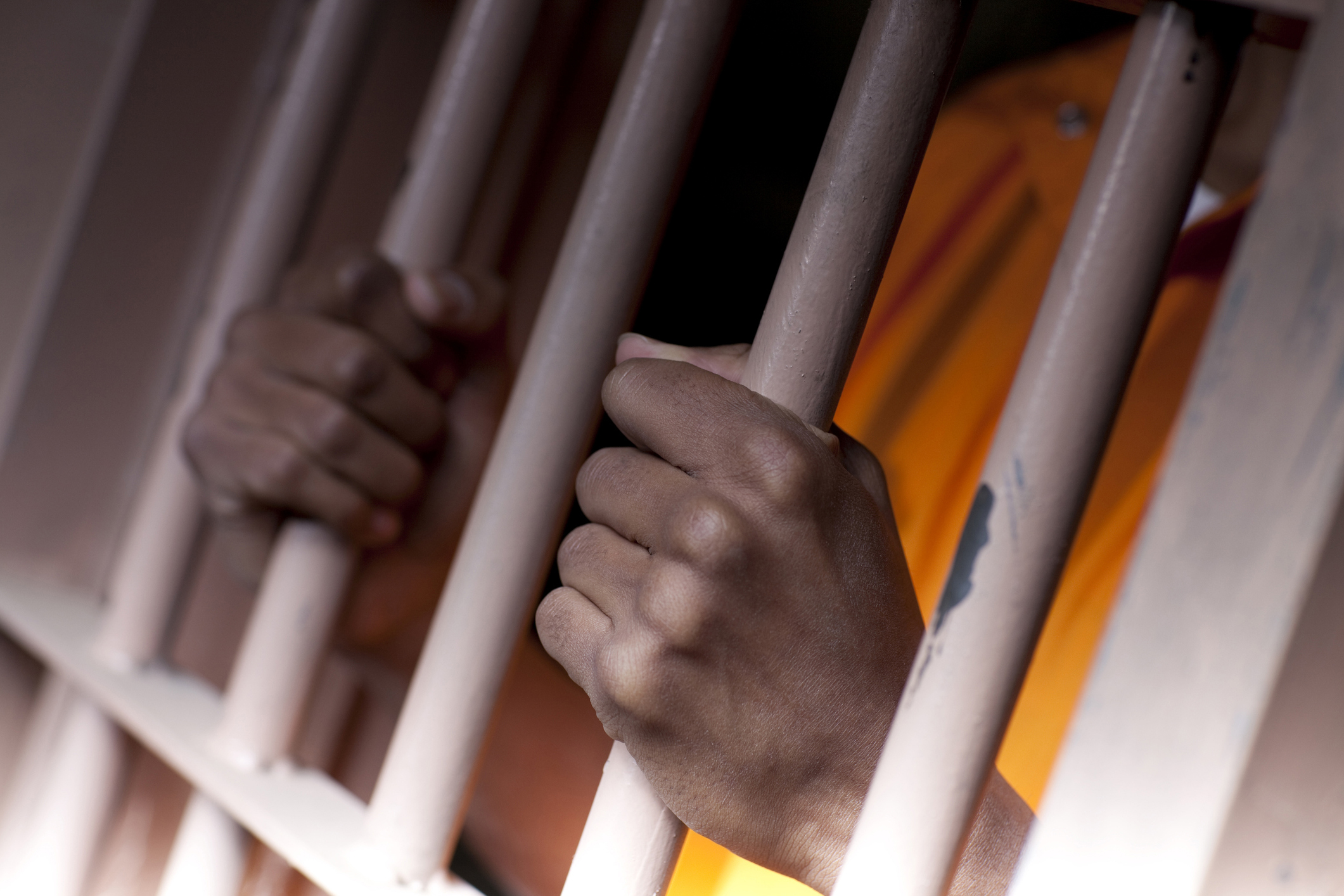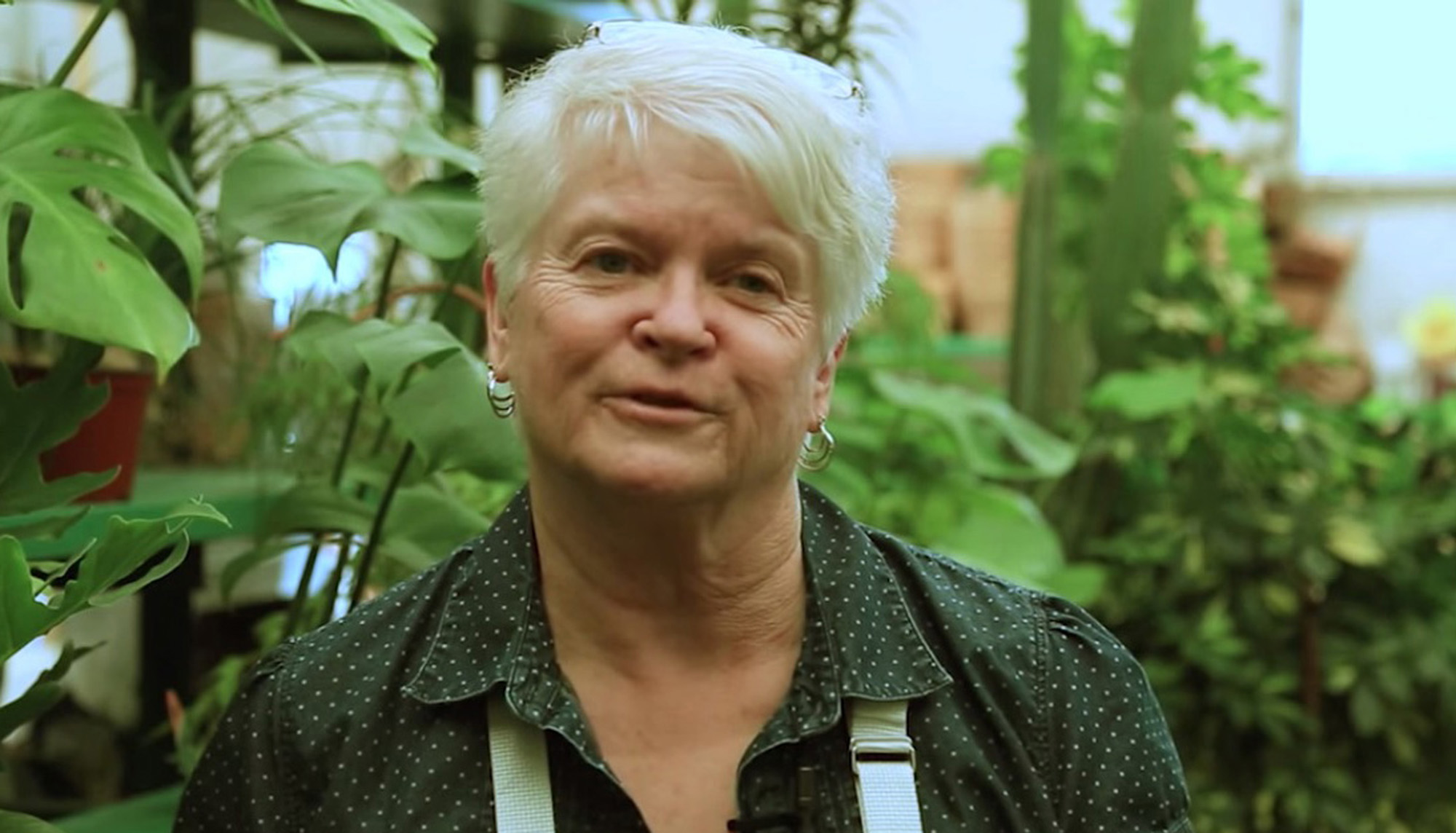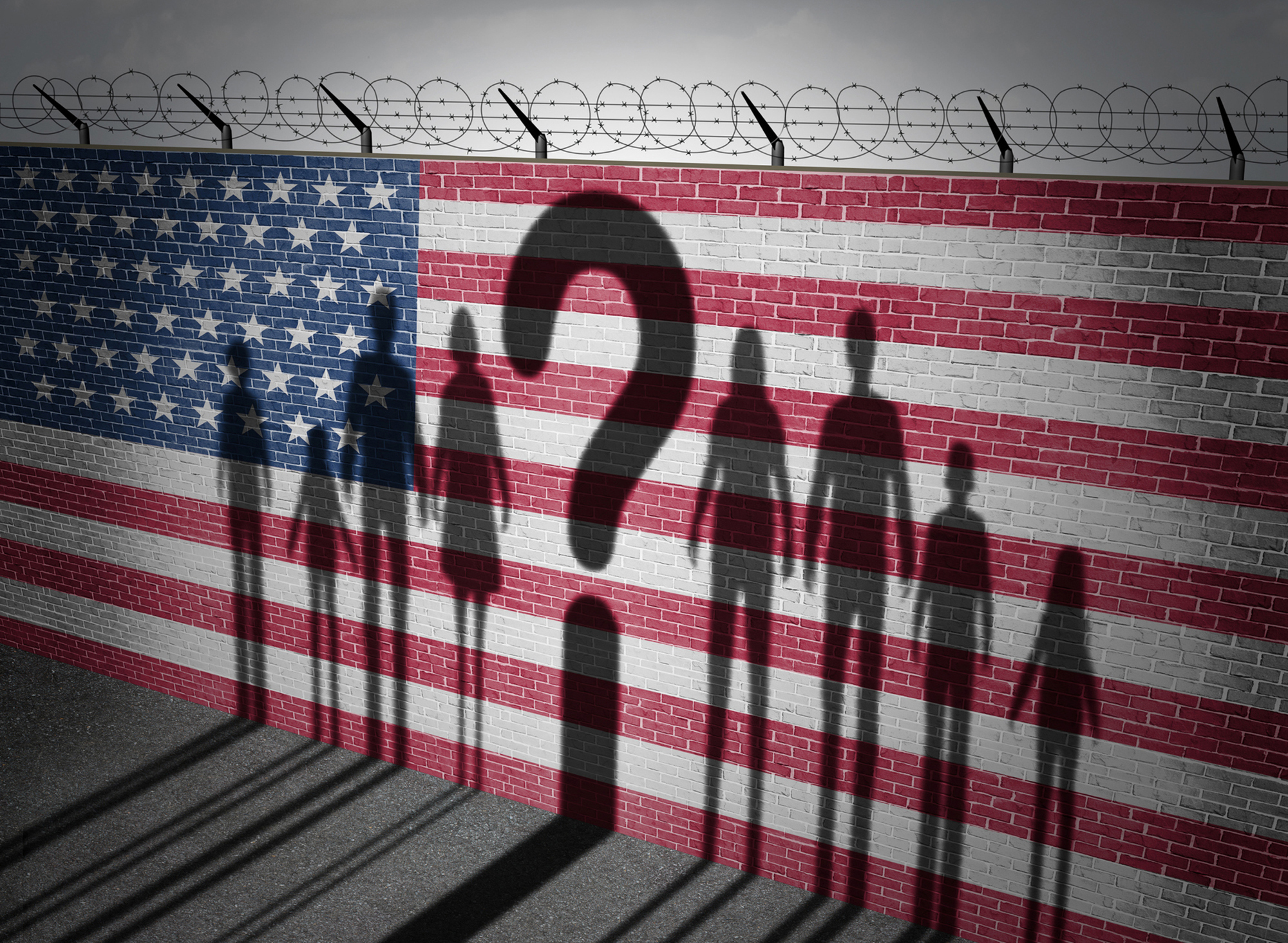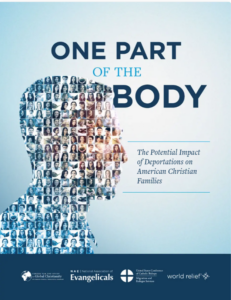
[QUOTE@right@180=“We can respect the worth and dignity of everyone without erasing biological distinctives.” — Russell Moore]WASHINGTON (BP) — The question of transgender rights will receive a hearing soon from the country’s highest court.
The Supreme Court announced Oct. 28 it will review a lower court opinion regarding the right of a student to use the public school restroom that matches her gender identity rather than her biological sex. Oral arguments in the case likely will take place in early 2017, and an opinion is expected before the court adjourns next summer.
The order from the justices is the latest action in a battle being waged in American schools regarding transgender rights — a debate that advocates for such rights have been winning in recent months.
The Fourth Circuit Court of Appeals in Richmond, Va., ruled in April the school board of an eastern Virginia county violated federal law by refusing to permit transgender students to use the restrooms of the gender with which they identify, regardless of their biological sex. In a 2-1 opinion overturning a federal court, the Fourth Circuit panel ruled the ban on sex discrimination in the Title IX education amendments encompasses gender identity.
About a month later, the Obama administration issued a sweeping directive on transgender rights. Officials with the Departments of Education and Justice told public school districts, as well as colleges and universities, to allow transgender students to use the restrooms and locker rooms of their gender identity. The guidance was not legally binding, but it implied noncompliance could result in the loss of federal aid.
With transgender rights on the ascendance, proponents of biblical sexuality welcomed the high court’s decision to rule on the case out of Virginia.
“Maleness and femaleness are not bigoted concepts,” Southern Baptist ethicist Russell Moore told Baptist Press in written comments. “Protecting the privacy and safety of girls and boys through gender-specific locker rooms and restrooms should be common sense, not a culture war.
“We can respect the worth and dignity of everyone without erasing biological distinctives, and I pray the Supreme Court judges accordingly,” said Moore, president of the Ethics & Religious Liberty Commission.
Gary McCaleb, senior counsel of Alliance Defending Freedom, said in a written statement, “Schools have a duty to protect the privacy and safety of all students.
“In light of the right to bodily privacy, federal law should not be twisted to require that a male be given access to the girls’ facilities, or a female to the boys’ facilities,” said McCaleb, whose organization filed a friend-of-the-court brief urging the justices to overturn the lower court. “The Supreme Court should reverse the 4th Circuit’s ruling, which is out of step with the law and previous federal court precedent.”
In its Oct. 28 order, the high court said it would decide whether the Obama administration’s interpretation that protections against sex discrimination include gender identity and whether a federal agency letter to that effect should be granted deference by the courts.
The Department of Education said in a January letter, “When a school elects to separate or treat students differently on the basis of sex … a school generally must treat transgender students consistent with their gender identity.” In its opinion, the Fourth Circuit panel said the department’s interpretation should be “accorded controlling weight.”
The Supreme Court’s decision to review the Fourth Circuit opinion proved no great surprise. In early August, the justices voted 5-3 to put on hold a June decision by a federal court ordering the Gloucester County School Board to permit Gavin Grimm to use the male restroom while the case is settled in court. Grimm, 17, is a female biologically but considers herself a male.
After first ruling in favor of the school board, the federal judge responded to the Fourth Circuit reversal of his opinion with an order in favor of Grimm. The school board asked the Supreme Court to block enforcement of the decision.
Rodney Autry, a Southern Baptist pastor in Gloucester County, said he is “extremely gratified” the Supreme Court agreed to rule in the case.
“It is appropriate [the Supreme Court] consider a matter which the Executive Branch has suggested can be resolved by fiat,” Autry told BP in written comments. “Unelected and unaccountable bureaucrats have no right to determine the welfare of the children of Gloucester County or of the nation as a whole.
“I trust that whether the Court issues a sweeping, landmark decision or a narrower ruling focused specifically on our case that Gloucester schools remain safe zones sexually where common sense, civil protections continue for school age children who have no vote in their own welfare,” said Autry, senior pastor of Union Baptist Church in Hayes, Va.
Autry commended the Gloucester County School Board for “rare courage while pursuing this matter with judicial savvy and professional constraint. Their approach to this highly volatile issue remains a model for school boards elsewhere.”
The Gloucester County school district had provided a separate restroom for Grimm, but she said being forced to use the alternative restroom further stigmatized her. The Obama administration backed Gwinn’s position.
Grimm underwent hormone therapy, legally changed her name to a male name and asked to be treated as a male before her sophomore year of high school in 2014.
Messengers to the 2014 Southern Baptist Convention approved a resolution regarding transgender identity that “affirm[ed] God’s good design that gender identity is determined by biological sex and not by one’s self-perception.” The resolution “regard[ed] our transgender neighbors as image-bearers of Almighty God and therefore condemn[ed] acts of abuse or bullying committed against them.”
The resolution also said, “We invite all transgender persons to trust in Christ and to experience renewal in the Gospel.”



















